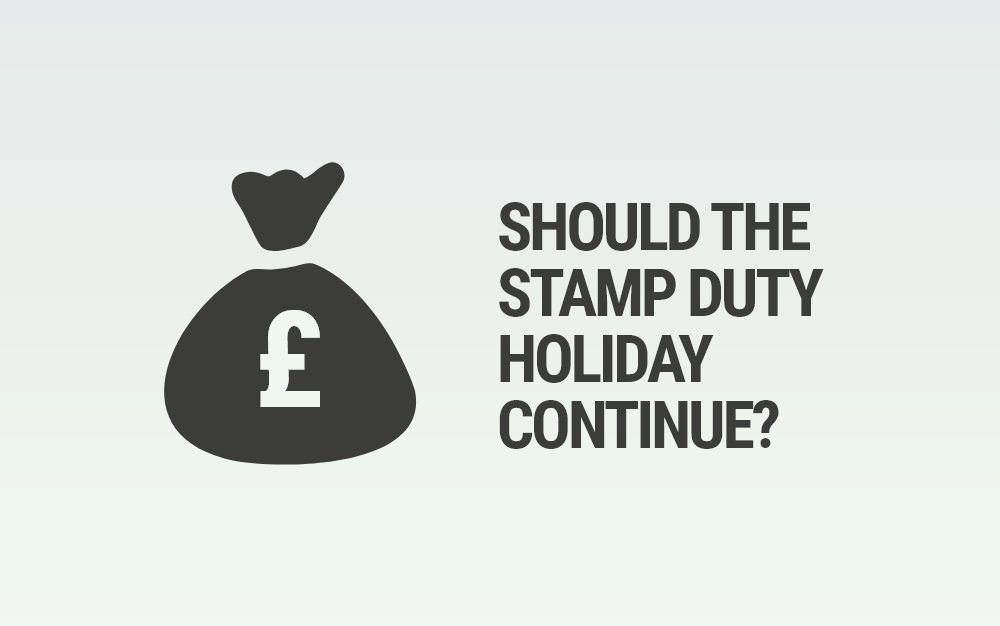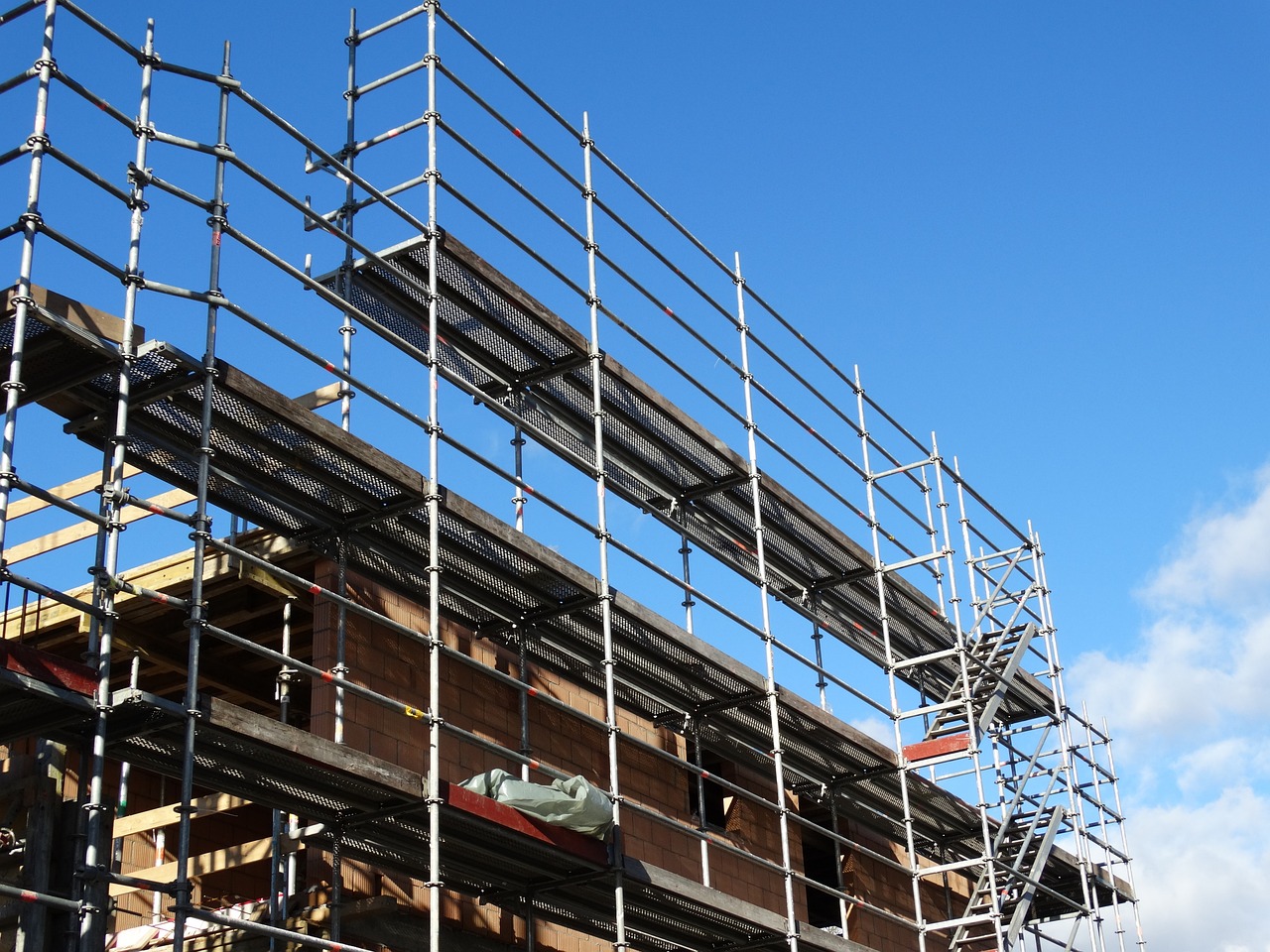As a result of national lockdowns and other COVID-related restrictions, the never-ending burning fire that is the UK economy desperately needed some fuel – just like many of our cars these last couple weeks…
A major economic powerhouse, the housing sector, has been burning hot for quite some time and in July 2020, Chancellor of the Exchequer Rishi Sunak poured a full jerry can of petrol all over it. What I am talking about, of course, is the stamp duty holiday.
As a result, house prices hit record breaking highs – over 8% in December 2020 compared to the year before.
So in an economy still trying to get to its feet, why end the stamp duty holiday?
Mark Bogard, the Chief Executive of The Family Building Society spoke recently to the BBC and said
“Stamp duty is a very significant tax, but it is extremely easy to avoid by just not moving home. I can’t see any argument for not continuing with the stamp duty holiday”.
The stamp duty holiday was not the sole contributor of the recent boom in house prices, but it made a significant contribution. The impact of the stamp duty holiday created a domino effect of financial benefits for most companies relating to housing, not just new home builders and real estate agents.
Many people looking to move house spend the months leading up to the move increasing the value of their current homes through renovations. So, on top of booming sales for valuation companies and removal companies, home improvement retailers also saw industry-wide benefits.
So why keep the stamp duty tax? Encouraging people to move home with either an extended or permanent stamp duty holiday is likely to keep the housing market moving quickly – keeping all housing-related companies in healthy shape. Companies in healthy shape are companies that are going to be around for longer to pay more tax over the long term.




